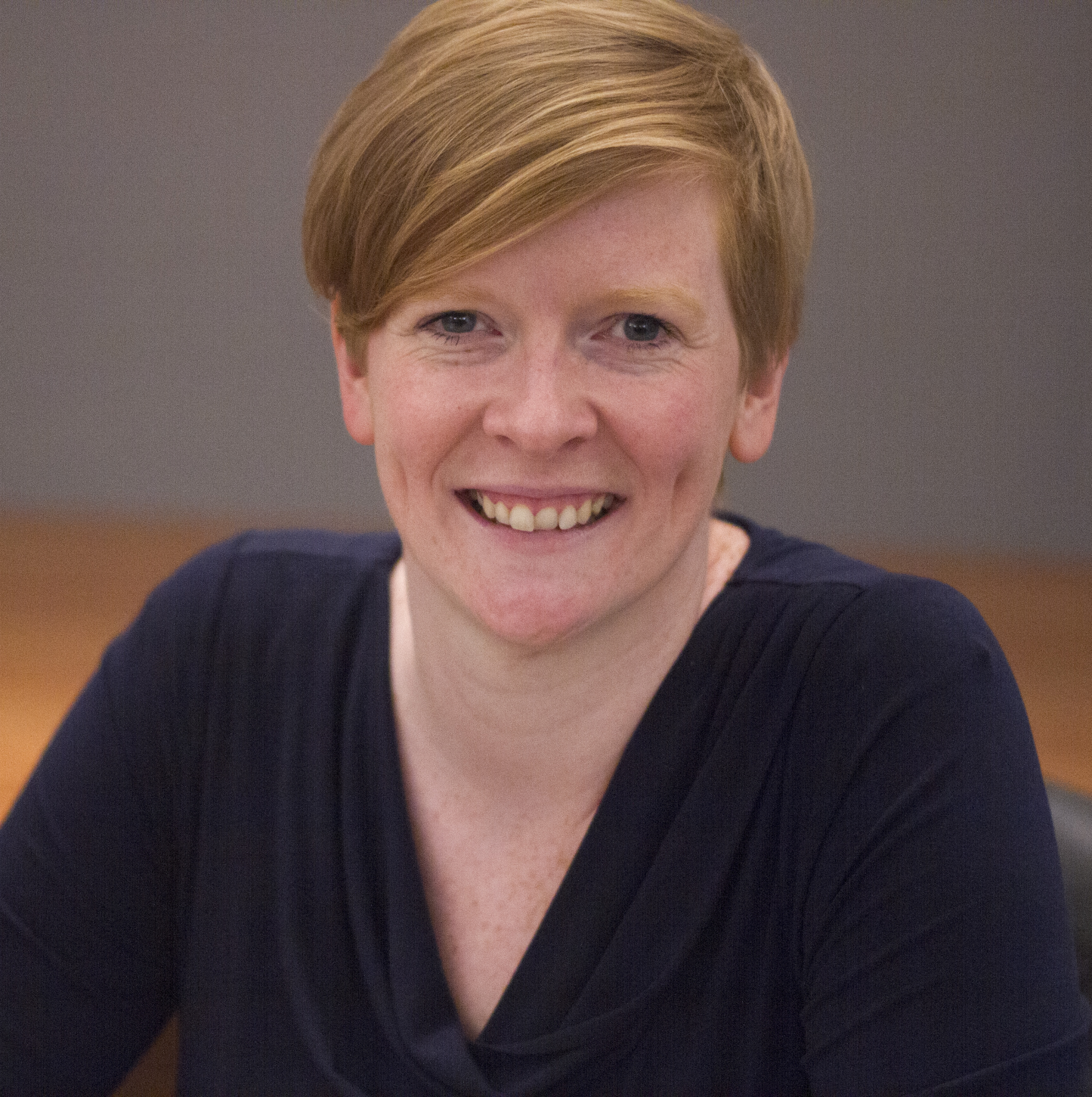
Recognising acute hospital admission as a key milestone in the cancer treatment journey
What does an acute admission mean for someone living with cancer?
As an acute medicine consultant I meet people with cancer every day who have become acutely unwell. These acute events can range from an episode of fever after a cycle of chemotherapy to a new diagnosis of cancer in the emergency department or progressive disease leading to critical illness or death. Providing acute cancer care is a significant challenge and I work with acute oncology colleagues to support people through this often traumatic and distressing part of their cancer journey.
What data do we have about the outcome of acute admissions for people with cancer?
- Around one-fifth of hospital beds are occupied by people who have some sort of cancer-related problem
- 70% of patients reviewed by acute oncology services in Merseyside in 2017 died within 12 months, showing that people with cancer who are admitted to hospital are much sicker than those who are treated as outpatients. (Read the report).
- Three-quarters of people who die with cancer have at least one emergency admission in their last year of life, with one in six (17%) being admitted in an emergency at least three times. (Read the report).
- A Macmillan UK survey showed that only 29% of over 400 admissions for people living with cancer included a discussion about what their wishes would be should they become critically unwell
- Asking patients about their advance care plans encourages them to consider end-of-life options and increases their chance of receiving end of life care in their preferred setting
Why aren’t these conversations happening already?
In Jan 2023 we brought together professionals from across the cancer pathway at the Royal College of physicians in Liverpool and asked these questions. They told us that:
- Acute oncology services are patchy across the UK. In some areas, the care provided to patients is well resourced, with access to nurses, doctors and therapists. In other areas, the service is provided by a single nurse with no medical support or cross-cover. With little resource at the hospital front door, it’s difficult to ensure that the impact of an acute admission in a district general hospital is captured and discussed at multidisciplinary team (MDT) meetings often in remote cancer centres, meaning these important turning points in the cancer journey are missed from the bigger picture of treatment and prognosis.
- People living with cancer and their carers are often unprepared for new and acute problems that require an urgent response. Solutions require shared decision-making underpinned by honest and open conversations, better access to information and improved communication between care settings, teams, patients/carers and professionals.
- Healthcare professionals often say that they do not feel confident discussing advance care with people who are living with cancer. This might be because they have less experience or expertise in cancer (which has become a highly specialist area of medicine with many novel treatments making prognostication difficult). Others felt that it was more appropriate that the patient’s oncology team should have these conversations but acknowledged that it often isn’t happening in either the acute or outpatient setting.
What should we do about it?
When a person living with cancer is admitted into hospital through emergency and unscheduled care, this often marks a turning point in their illness. Healthcare professionals should:
See it – recognise an acute admission as a point of transition for a person living with cancer.
Say it – take the opportunity to talk to the patient and their family about the risk of further admissions and what matters to them.
Share it – ensure this conversation is the basis of an advance care plan to be shared more widely.
The outcome statement of this meeting can be found here in English and Welsh.
Where can I find out more?
There is more information and a place to sign up to join the UK Acute Oncology Society who are working closely with Macmillan in this area.
There are really useful resources on the Macmillan Learning hub that cover acute oncology emergencies and end of life/advance care planning skills for both oncology and non-oncology healthcare professionals. These include:
- Essential Level Acute Oncology - Macmillan (fuseuniversal.com)
-
Acute Oncology and Medical Emergency - Macmillan (fuseuniversal.com)
-
Introduction to Advance and Anticipatory Care Planning (ACP) - Macmillan (fuseuniversal.com)
Useful reading
- Best practice for palliative and end of life care | Macmillan Cancer Support
- Talking about dying: how to begin honest conversations about what lies ahead | RCP
- Cancer care at the front door: the future of acute oncology in Wales | RCP
- Cancer patients in crisis: responding to urgent needs | RCP, RCR



